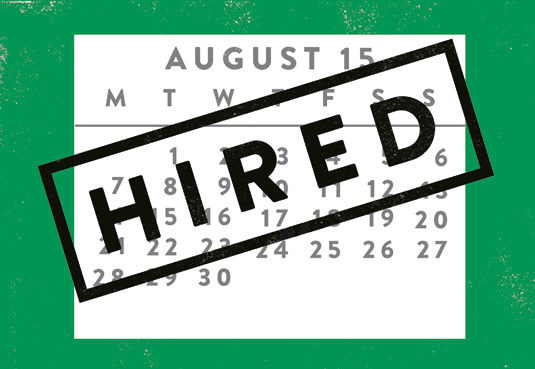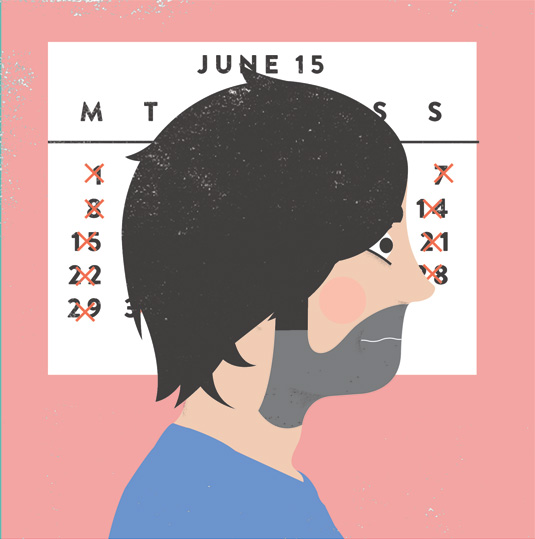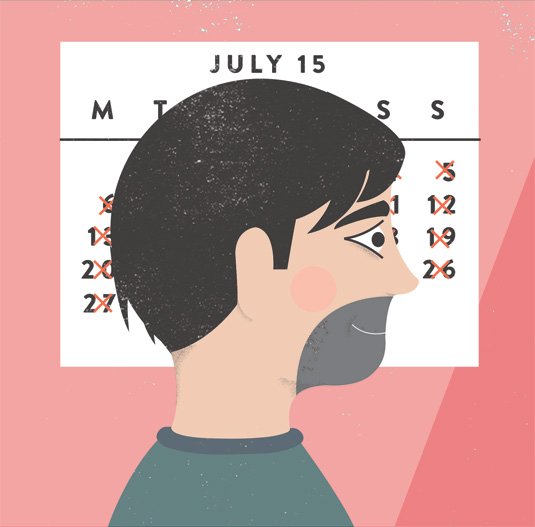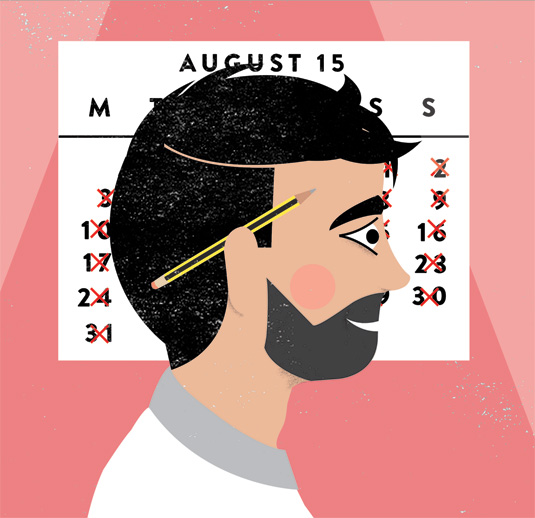Internships: what you need to know
Make sure you read this before agreeing to payment and terms of engagement with a studio.

Internships offer the opportunity to perform valuable work for a company, and in a good scheme, both the studio and the intern gain from the time spent together. While you might be tempted to work for free to secure all-important work experience, it's worth knowing your legal rights.
It is a common misconception that using the word 'intern' in a job description or calling a job 'work experience' essentially means that the position can be unpaid (also see our guide to how to transform a design internship into a job).

There is no legal definition of an internship. As an intern, you are considered a 'worker' under UK employment law, entitled to receive the national minimum wage if you meet any of the following criteria:
- If the tasks you complete go beyond shadowing and training
- If they are of real value to the employer and if a paid employee would otherwise be doing them
- If you are asked to commit to particular hours of work
- If there is a written, verbal or implied contract between you and the employer
In other words, any internship you might aspire to, tends to fall under these criteria, and the studio should provide you with a standard contract that covers the duration of the placement.

One exception is a student internship, which can be unpaid, if the placement is part of a higher education course, even if the intern is performing as a 'worker'.
However, creative industry skills body Creative Skillset recommends that the studio still offers a basic wage in recognition of the value that the intern brings to the organisation.

For student internships, the studio should provide you with a written confirmation of your terms of engagement. Rich Lyons, design director at DesignStudio, also recommends following #PayNicely, which promotes fair pay for interns.
Daily design news, reviews, how-tos and more, as picked by the editors.
He adds: "Legally and morally it is important to make interns feel like they are part of the team, and not just a surplus pair of hands."
Illustrations: Becca Allen
These tips originally featured in Computer Arts issue 243.
Related articles:
- What does an art director actually do?
- Get the best, free resume templates
- What do you need to do to become a creative director?
